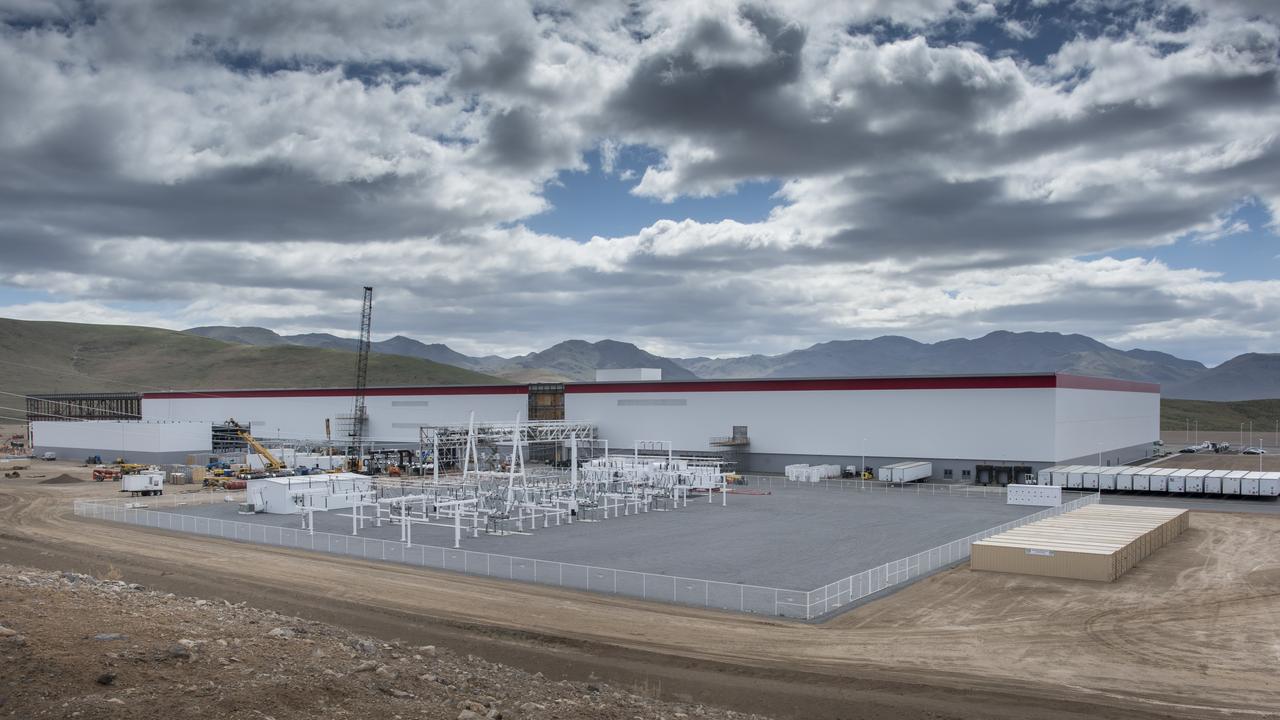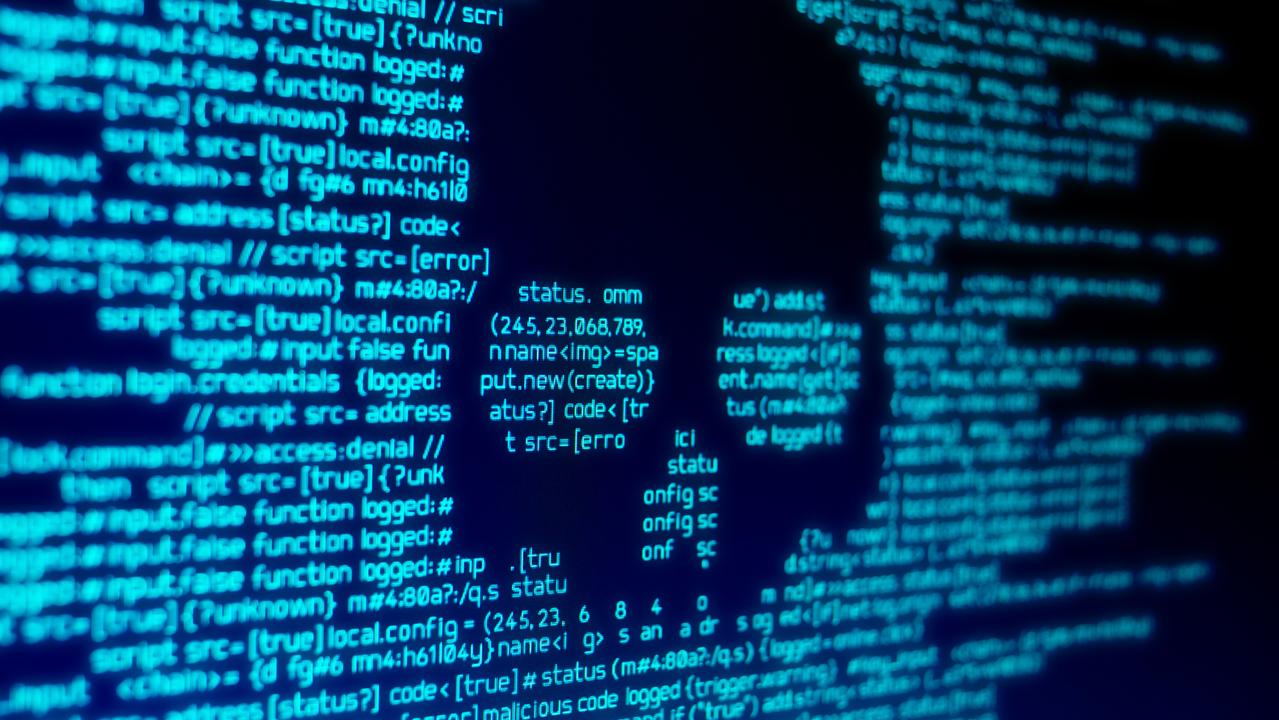Russian hacker allegedly offered $1.38 million to Tesla worker to install malware
A Tesla employee was reportedly given a compelling offer from Russian hackers to stage a "serious attack" on the electric carmaker.
Tesla co-founder Elon Musk has thanked a worker who turned down an offer of more than $A1.38 million from a group of alleged Russian hackers who wanted them to plant malware on the company’s network, and even offered to frame another worker if they had “someone in mind” they wanted to “teach a lesson”.
The worker didn’t decline the $US1 million offer but it appears they told their employer about it, who then told the FBI.
Russian citizen Egor Igorevich Kriuchkov, 27, has now been charged with one count of conspiracy to intentionally cause damage to a protected computer after allegedly attempting to flee the country.
RELATED: Brothers’ alleged $19m Amazon scam

RELATED: ‘Who are you?’: Students sent porn
Details of the investigation have been revealed in court documents filed in Nevada.
While they don’t mention Tesla by name, electric car publication Electrek reported “Victim Company A” had now been identified as Tesla, with the targeted worker employed at the Tesla Gigafactory outside Sparks, Nevada.
Elon Musk has since confirmed the report on Twitter, and thanked the worker for their loyalty.
"Much appreciated," he wrote in response to a news article on the topic.
"This was a serious attack," he added.
The FBI complaint alleges Mr Kriuchkov rented a hotel room in Sparks on July 31, three days after entering the US on a tourist visa and just over two weeks after he first contacted the worker using WhatsApp (the pair had previously been in contact in 2016).
Mr Kriuchkov allegedly bought a mobile phone when he landed in New York and a rental car after flying to San Francisco, before travelling to Sparks, where he hung out with the worker and associates on a few occasions doing regular tourism activities.
RELATED: ‘Mess’ not even Google understand

RELATED: Porn pauses teen hacker’s hearing
Mr Kriuchkov told the worker he would “remember the beauty of the sunset” at Lake Tahoe while refusing to pose for a picture with the group (the FBI agent who wrote the complaint said “individuals involved in criminal activity” often avoid taking photos).
Mr Kriuchkov also drove the group around and paid for the activities, before eventually inviting the worker to become part of a “special project” at a meeting the next day.
The pair went out for dinner, and then to a bar where they drank until the place closed.
During their drinking session, the worker said Mr Kriuchkov took out his phone and the worker’s, stacked them on top of each other, placed them an arm’s length away, and then told the worker the details of the “special project”.
As part of the “special project”, the group would allegedly supply the worker with malicious software (malware).
They were then expected to infect the company’s computer system.
RELATED: Apple founder suing Google, YouTube

The hackers would then allegedly stage a Distributed Denial of Service attack as a cover while the malware transferred documents to them, which they would then use to blackmail the company.
Mr Kriuchkov allegedly told the worker to think about it before another meeting, where the FBI watched and listened as the pair discussed the plan further, including the worker’s payment.
Several days later, Mr Kriuchkov had another meeting with the worker, where he dialled in an alleged co-conspirator to talk about ways the worker could be paid for their collaboration.
He later asked the worker for a codename to use for a Bitcoin wallet he planned to set up for them.
Unbeknown to Mr Kriuchkov, the worker had been instructed to prevent the hacker from setting up the wallet and instead did it himself so the FBI would be able to access it.
Mr Kriuchkov allegedly later helped the worker set up the Bitcoin wallet.
Eventually it was agreed the worker would be transferred between $US8500 ($A11,700) and $US11,000 ($A15,100) upfront, but would receive payment to the tune of $US1 million ($A1.38 million) following a successful hack.
Mr Kriuchkov told the worker he was due to fly home and would be coming back to the US in November, where he would celebrate his birthday and help the worker turn the rest of the Bitcoin they’d be transferred following the success of the “project” into cash.
But he never boarded the flight home.
Instead Mr Kriuchkov was arrested by FBI agents in Los Angeles on Thursday last week.
He made his first appearance in the LA District Court on Monday, where US Magistrate Judge Alexander F. MacKinnon detained him in custody pending a trial.



